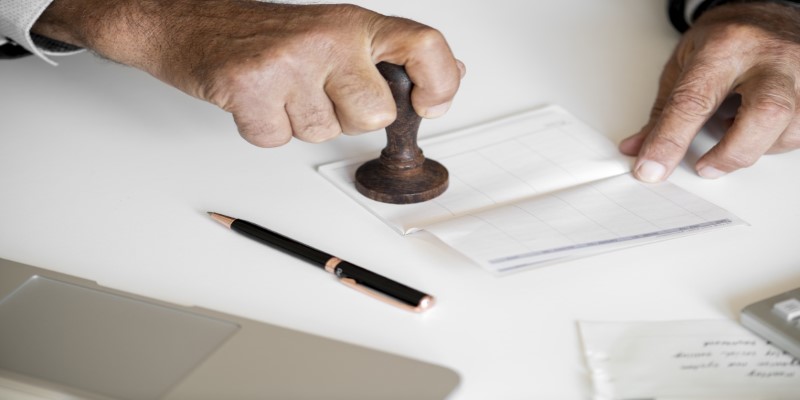Searching for a used car is a lot of effort, but it may be well worth your time if done correctly. The greatest chance of getting a decent bargain on a car that satisfies your requirements and is within your price range is with online car-shopping tools.
There are several benefits to purchasing used rather than new items. You will save money on taxes, and depreciation, registration, auto insurance, a gradual decline of a vehicle's worth due to normal use and aging. It also makes sense since automobiles have never been more dependable. It is not unheard of for certain cars that have been properly maintained to remain trouble-free for over 200,000 kilometers. Here are the steps to buy a used car.
Calculate your budget
You may either pay cash for a used car or take out a loan to finance the vehicle purchase. Creating a budget might be a simple process when you are paying with cash. Be careful not to use up all of your funds, and don't forget to save money away for registration, insurance, and any repairs in the future.
Choose the characteristics that are most important to you
Choosing the proper car might be difficult since there are so many possibilities. Spend some time considering how you want to put this vehicle to use. For instance, if you have a family, you will want sufficient space for all the passengers and a significant amount of space for the baggage. If you place a high value on safety, you should look at crash testing conducted by the Insurance Institute for Highway Safety. In recent years, certain cutting-edge safety measures that were once exclusive to high-end automobiles have become standard equipment on various models.
Research reliability and ownership costs
Every used car is unique. Some of them have more miles on them and show greater signs of wear and tear. But, as a general rule, you should choose models with a reliable reputation. Consumer Reports and J.D. Power gather owners' maintenance data and grade all used automobiles. Consumer Reports charges a membership fee to access its content.
Find good used cars
A great number of websites provide listings for used automobiles, and each website seems to have its own distinct personality. If you prefer to shop on your mobile device, several of them also provide applications for purchasing cars.
What are the car prices?
Look up the car model you are interested in purchasing in a price reference such as Kelley Blue Book, Edmunds, or the National Automobile Dealers Association after you have located several cars for sale in your neighborhood but before you actually go and view them. By evaluating the automobile's condition based on characteristics such as age, mileage, and options, you may use the guidance to estimate the market worth of the real car you're looking at. When you have this in your possession, you will have all of the knowledge necessary to bargain successfully.

Get the car history report
Conduct a vehicle history report on the various automobiles that you have chosen. You may get a comprehensive report on the history of the car from Carfax or AutoCheck by providing the vehicle identifying number or VIN. It's a simple method to determine whether you should consider this car significantly. Various internet listings will provide access to free automobile history reports. If not, purchasing one is worthwhile.
Contact the seller
A little discussion will save you time and answer a lot of questions. Verify the facts you found in the advertisement first.
Test drive the car
You have not yet put your selected vehicle through its paces. So, in addition to determining whether or not you like this model, you will also have to determine whether or not it is worthwhile to purchase this specific automobile.
You can't expect to do a comprehensive car inspection unless you're a technician. But, you should be able to do a first assessment of the vehicle that is rather thorough. You may have a thorough used-car examination if it seems to be in decent condition.
Check the vehicle
You should still take the car to repair if you enjoyed driving it and it seems to be in decent shape. The attitude toward this is often laid-back when it comes to private-party vendors. You can encounter resistance from certain merchants who insist they have already examined the item. If you have any concerns regarding the state of the car, don't be afraid to voice them. You should budget somewhere between $100 and $300 for having your car inspected.
Try to get the greatest deal possible
Negotiation is the portion of the process that everyone dreads. But this does not have to be a stressful experience for you, particularly if you have done your homework and have a decent notion of the car's value. Examine the seller's asking price in relation to the market's average price that you established using the pricing recommendations. There is a good chance that the seller is asking for a price far more than the market average.
Make the purchase

Your insurance coverage should cover the car before you can legally acquire it. The only thing left is paying for the vehicle, often done with cash or a cashier's check. Ensure you have a title and the vendor signs it appropriately. (You risk becoming a victim of title jumping, which is against the law, if the seller's name is not on the title.) When in doubt, consult the website of the state register for further information. In many places, transferring ownership might take up to ten days.




